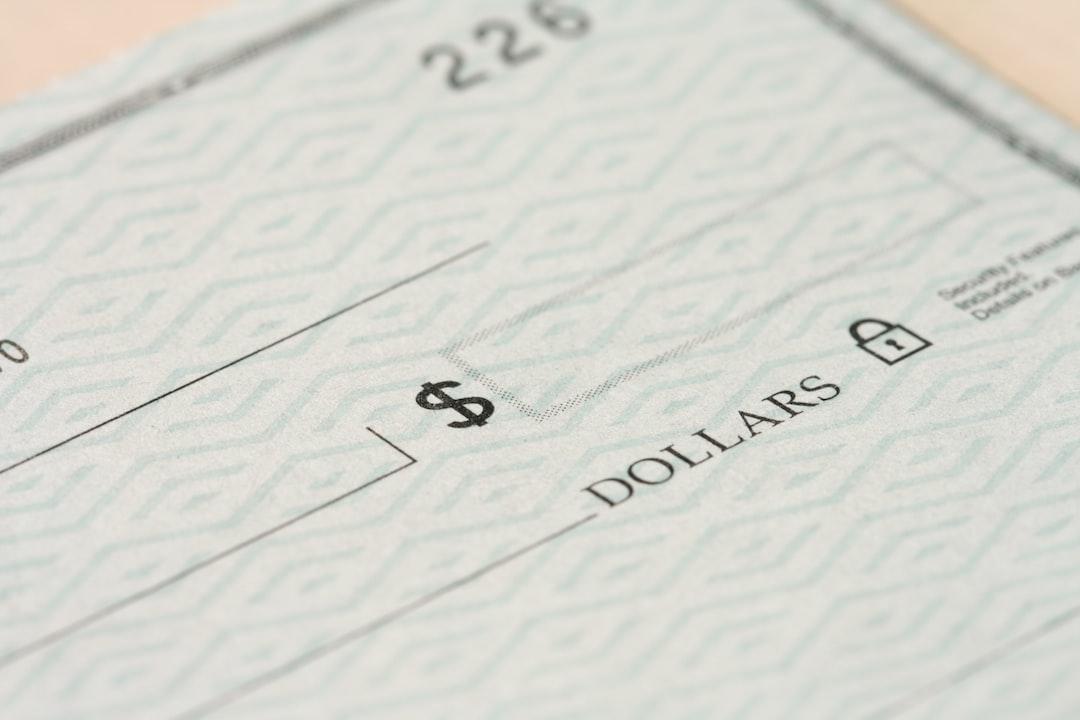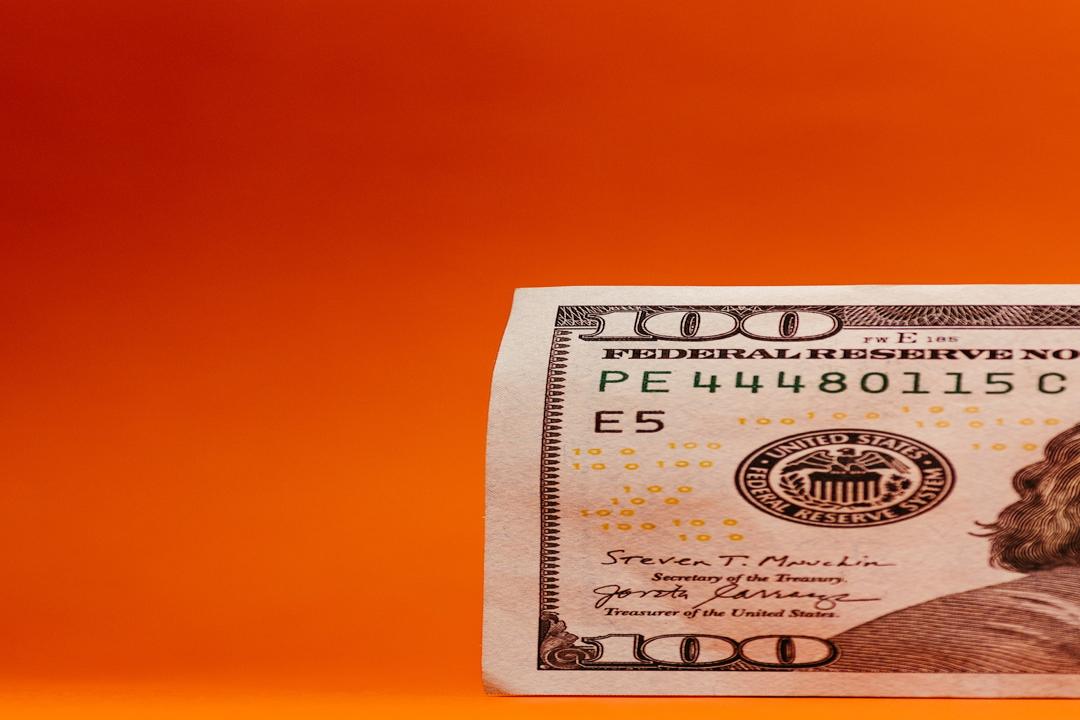Legislators Call on Ministry of Justice to End Cooperation with Binance
On June 12th, Financial Supervisory Commission (FSC) Chairman Huang Chin-lung reported on the progress of the “Special Act for Virtual Assets” to the Finance Committee.
During the meeting, Kuomintang legislator Wang Hung-wei strongly criticized the Ministry of Justice’s cooperation with overseas exchange Binance, questioning whether this behavior would “whitewash” Binance’s reputation.
Wang Hung-wei pointed out during the inquiry that Binance has been fined by law enforcement agencies in multiple countries including the United States, Canada, and India. Its involvement in money laundering and fraudulent activities has made it notorious internationally. Even Binance’s founder, Zhao Changpeng, has been sentenced in the United States for related crimes. However, since last year, the Ministry of Justice and the judiciary have been cooperating with Binance to hold various seminars on new forms of crimes such as cryptocurrency. Wang Hung-wei questioned whether this cooperation was helping Binance “whitewash” its image.

In response, Chien Mei-hui, Deputy Prosecutor General of the Ministry of Justice, stated that the cooperation with Binance and other virtual asset exchanges is necessary to obtain the necessary flow of funds and transaction data in cases. She emphasized that this cooperation is essential, and Binance has indeed provided the required information in certain cases.
However, Wang Hung-wei was dissatisfied with the explanation provided by the Prosecutor’s Office and pointed out that a simple internet search of Binance would reveal information related to fraud. She criticized the Ministry of Justice’s cooperation strategy and strongly urged them to end their cooperation with Binance. She also publicly questioned whether Taiwan should be promoting this kind of collaboration with an international fraud syndicate.
“You are clearly in the wrong, and you’re still stubbornly defending yourselves. Stop cooperating with Binance! Stop this embarrassing behavior on the international stage!”
Taiwan is truly a fraud island! These overseas fraudsters come here directly to whitewash themselves? It truly is a complete fraud island. Should we publicize this to the world?
Why cooperate with Binance?
Legislator Wang Hung-wei’s strong statements have drawn attention from the conference and the cryptocurrency community. However, is there any truth to her two main points: “Binance’s notorious reputation internationally” and “Taiwan should stop cooperating with Binance”?
Why cooperate with Binance exchange?
Although the methods of cryptocurrency scams are currently diverse, the anonymity and transnational nature of cryptocurrencies make it extremely difficult to track and locate fraudsters. However, whether it is through exchange wallets or on-chain personal hot wallets, if fraud groups want to withdraw these digital assets, they will ultimately have to go through exchanges and convert these cryptocurrencies into fiat currencies such as US dollars or New Taiwan dollars.
In simple terms, exchanges are often the final destination for investigating cryptocurrency cases.
When users discover that their assets have been defrauded, they can only cooperate with the police and domestic exchanges to freeze their accounts. Since exchanges require users to undergo KYC identity verification during registration, the police can determine “who withdrew the stolen funds” during the investigation and trace the members of the criminal group.
Although domestic exchanges cooperate with Taiwanese police and prosecutors, many users use overseas exchanges such as Binance and OKEx. The Financial Supervisory Commission of Taiwan has not yet established a joint defense mechanism for virtual currency fraud funds. Therefore, cooperation between overseas exchanges and Taiwanese law enforcement agencies is limited, and many exchanges are reluctant to cooperate with Taiwanese law enforcement agencies.
Further reading:
Scammers defrauded 5.3 billion NTD in a year. Can they really not be caught? The Criminal Investigation Bureau reveals 4 major challenges in solving cases
The number of users on the Binance exchange platform exceeded 200 million in recent days, making it the most widely used exchange globally. In recent years, it has actively cooperated through judicial cooperation, providing KYC data and assistance in criminal investigations to various countries.
From this, we can see that Binance’s assistance is crucial for Taiwan’s investigations into cryptocurrency fraud cases. If Taiwan were to stop cooperating with Binance exchange, it would undoubtedly deepen the challenges faced by law enforcement agencies and hinder the development of effective solutions to the rampant cryptocurrency fraud problem.
Is Binance really “bad”?
Binance’s founder, Zhao Changpeng, reached a comprehensive agreement with the U.S. Department of Justice on November 22, 2023, admitting to criminal charges of money laundering and violating U.S. sanctions. After stepping down as CEO, Zhao Changpeng also paid a $50 million fine.
Before sentencing, Zhao Changpeng stated, “I believe this is a first step in fully acknowledging and taking responsibility for my mistakes. Here, I failed to establish a robust ‘KYC identity verification’ system. I also understand the importance of having a sound KYC and anti-money laundering program. That’s why I instructed Binance to cooperate with the U.S. investigation.”
According to BitYacht, the founder of the exchange BitYacht, in a Facebook post, “In the past, Binance grew rapidly as the world’s largest cryptocurrency exchange by relying on regulatory arbitrage (not fully complying with regulations) since 2017, and therefore bears the greatest burden. Putting aside Zhao Changpeng’s personal Chinese background and the inconsistency with mainstream American values, Binance’s platform indeed has solid evidence of failing to report numerous money laundering transactions and terrorist financing records over the years.”
BitYacht added that “this means that Binance will officially enter a period of debt repayment.”
Due to Zhao Changpeng’s active cooperation with the U.S. government, he obtained a good record and ultimately received a light sentence of four months in May 2024, bringing this globally-watched case to a close.
Although Binance did make mistakes, its past does not mean that the exchange is still “bad” now.
Binance stated, “These agreements acknowledge that our company is responsible for past criminal compliance violations,” but also emphasized that the company has invested significant resources in compliance.
In recent years, Binance has actively cooperated with regulators worldwide. Currently, Binance has obtained regulatory licenses in 18 different jurisdictions globally, making it the exchange with the most licenses in the industry.
Furthermore, Binance has implemented law enforcement training programs globally to help law enforcement officers understand blockchain, cryptocurrencies, and related knowledge, and enhance their investigative skills, receiving positive feedback.
It can be seen that in recent years, Binance exchange has placed great emphasis on “protecting user asset security” and “promoting the healthy development of the industry.” In many major international cases, it has become the police’s “best assist” in solving cases and recovering defrauded assets.
With the popularity and widespread use of cryptocurrencies, related fraud cases have also increased dramatically worldwide, and Taiwan is no exception. Blockchain fraud cases are constantly transitioning between physical, virtual, and transnational boundaries, making it more complicated than traditional fraud cases. Therefore, establishing a cross-border defense network will be even more important.

